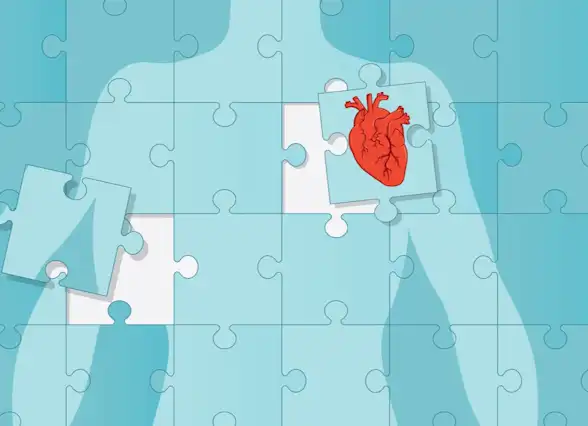Coronary Artery Bypass Graft (CABG) Post-Surgical Complications
There are many signs and symptoms of post-surgical complications to watch for after discharge home from the hospital.
Get insurance benefits, legal documents, and medical records in one place

Helpful Highlights
There are complications associated with surgery, in general, and there are complications unique to bypass surgery (CABG).
Surgical site infection is the most frequent complication.
There are times to call the cardiologist or primary care provider, and there are times to call for emergency services (9-1-1).
Surgical complications, in general
For any of the following symptoms, contact the cardiologist or primary care provider.
Increased swelling, redness, or tenderness around the incision site(s).
A change in color around the incision site(s), such as blue, brown, grey/green, or black.
Bleeding from the incision site(s).
Increased oozing of fluid from the incision site(s), especially if discolored or smelly.
New or worsened pain around the incision site(s), especially if not relieved with medication.
Altered toileting habits (especially if difficult or unable to pee or poop).
Swelling of the feet, ankles, and/or lower legs.
Fever*, or even below normal body temperature.
*Note that half of older adults aged 55 and over do not mount a fever response. (Fever is taken to mean > 100.4F/38C on 2 consecutive days or > 102.2F/39C on any one day.)
Post-CABG complications
For any of the following symptoms, contact the cardiologist or primary care provider.
Rapid heart rate or heart palpitations.
Nausea, vomiting, or diarrhea.
Blood in urine or stool.
Grinding/clicking sensation in the chest.
Persistent fever or below normal body temperature that doesn't respond to medication.
Marked swelling of the feet, ankles, and/or lower legs.
Persistent shortness of breath during, or for a long time after approved activities.
A feeling of fullness in the chest.
Call for an ambulance (9-1-1)
Shortness of breath that does not go away with rest.
Chest pain that is not from the incision.
Difficulty breathing (labored or can't seem to catch it).
Feeling dizzy or lightheaded at rest.
Fainting or loss of consciousness.
Severe headache.
Drooping of the face or weakness on one side of the body.
Slurred or distorted speech.
Sudden onset of confusion or delirium.
Shaking chills, especially with an increase or decrease in temperature.
Rapid heart rate causing great discomfort.
RESOURCES
American Heart Association (AHA) - Heart Surgery & Recovery Resources
Cleveland Clinic – Coronary Artery Bypass Surgery
Johns Hopkins Medicine – Coronary Artery Bypass Graft Surgery
Mayo Clinic – Coronary Artery Bypass Surgery
No content in this app, regardless of date, should ever be used as a substitute for direct medical advice from your doctor or other qualified clinician.
Get more support and guidance on insurance benefits, medical records and legal forms.
Helpful brings together your insurance benefits, legal documents, and medical records in one personalized place — so you always know what you have, and never have to search again.

Technology for Health Tasks. Mental Health for the Tough Stuff.
Helpful connects your medical records, insurance, and caregiving tasks automatically. And when you need more than logistics, a therapist is here to guide you.
In-Network and Covered
For Individuals, Couples and Families
HIPAA Compliant, Data Stays Private


Healthcare Tasks Simplified

From syncing records to spotting drug interactions, Helpful does the heavy lifting, turning complex health info into clear tasks and showing you benefits you can actually use, giving you clarity and control over your care.

In-Network Mental Health

Our licensed therapists are here to support you and your loved ones through stress, burnout, and life’s hardest moments, with an inclusive, compassionate approach that works with most insurance plans.

Create Legal Documents

Plan ahead by creating will, trusts, advance directives and more, that ensure your wishes are honored in the event you can’t speak for yourself -with Helpful guiding you every step of the way.